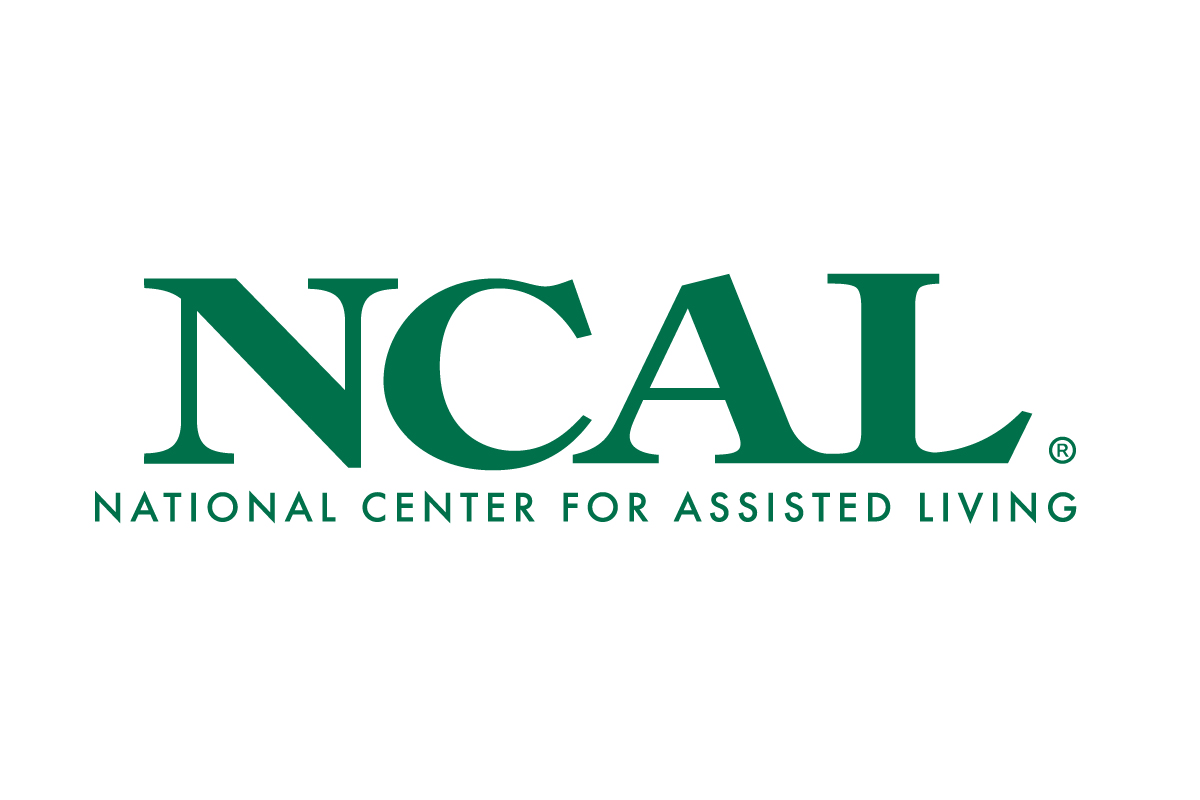Senior Living Coalition Announces Collaborative to Develop Recommendations for Assisted Living
Argentum, ASHA, LeadingAge, NARA, and NCAL launch collaborative effort to aid and educate providers and state authorities, support improvements in resident care.
6/27/2023
(ALEXANDRIA, Va.) – Four associations representing assisted living providers across the country are partnering with the National Association for Regulatory Administration (NARA) on the creation and launch of the Quality in Assisted Living Collaborative (QALC). Argentum, the American Seniors Housing Association (ASHA), LeadingAge, and the National Center for Assisted Living (NCAL) are working with NARA as part of the QALC to identify, define, and develop model guidance for assisted living. The Collaborative’s resources will be available to aid and educate providers, regulators, policymakers, and other stakeholders.
 “Building a set of best practices will modernize the senior living industry, making it easier for providers to deliver on the promise of high-quality caregiving outside of an institutional setting,” said Alfred C. Johnson, board president, NARA. “This effort is a great step forward and will bring senior living communities and the residents they serve a powerful set of common principles to build on for years to come.”
“Building a set of best practices will modernize the senior living industry, making it easier for providers to deliver on the promise of high-quality caregiving outside of an institutional setting,” said Alfred C. Johnson, board president, NARA. “This effort is a great step forward and will bring senior living communities and the residents they serve a powerful set of common principles to build on for years to come.”
The collaborative’s first product is currently in development and will include a set of recommended infection prevention and control (IPC) guidelines in assisted living, a top issue coming on the heels of the COVID-19 pandemic. The IPC workgroup is drafting the recommendations with the expectation for a final release in late 2023 following QALC approval.
“Longer term, this significant initiative is expected to result in greater consistency across the states,” said James Balda, president and chief executive officer, Argentum. “By working together, we will put the industry in a position to play a lead role in reshaping the way in which assisted living communities operate.”
“This effort will likely explore a number of aspects of assisted living over time, and our hope is that its recommendations will help all stakeholders, including operators, policymakers, and consumers,” said David Schless, ASHA President and CEO.
“Assisted living continues to thrive thanks in part to state-based regulation, which encourages innovation and diversity of care models that promote customized care to each resident,” said NCAL Executive Director LaShuan Bethea. “Where the QALC can assist is equipping states and providers with the latest guidance, so that assisted living can continue to evolve and deliver high-quality care.”
“Quality care is the top priority for providers who care for older adults, and QALC will help the sector collaboratively address the most urgent issues,” said Katie Smith Sloan, president and CEO, LeadingAge, the association of nonprofit providers of aging services. “We look forward to representing our nonprofit, mission-driven members as part of this important coalition.”